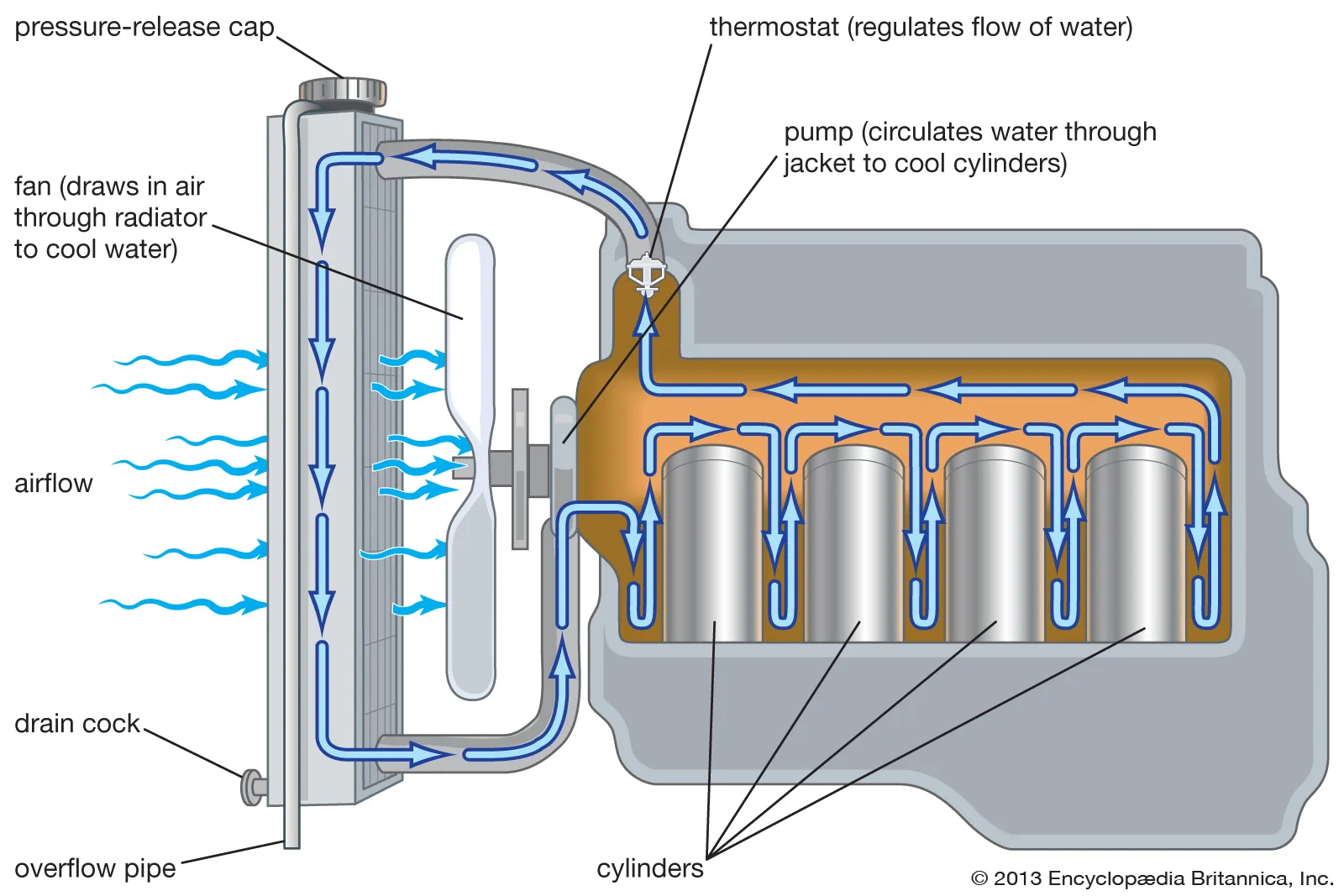5 Important Questions to Ask During CMS Program Audits

In the realm of healthcare and medical insurance audits, ensuring compliance with CMS (Centers for Medicare & Medicaid Services) regulations is paramount. CMS program audits are rigorous evaluations that assess whether healthcare providers and insurers are meeting the necessary standards to participate in Medicare and Medicaid programs. These audits are essential for maintaining the integrity of the healthcare system and safeguarding patient interests. To navigate through these audits effectively, it’s crucial to ask the right questions. Here are five important inquiries to consider:
- Compliance with CMS Guidelines: Are our policies and practices aligned with the latest CMS guidelines? It’s imperative to regularly review and update internal processes to ensure compliance with CMS regulations. This includes staying abreast of any changes or updates issued by CMS and promptly implementing necessary adjustments.
- Documentation Accuracy: Is our documentation accurate and complete? Accurate documentation is vital for demonstrating compliance during CMS audits. Ensure that medical records, billing documents, and other pertinent records are meticulously maintained and readily accessible for review.
- Patient Care Standards: Are we consistently meeting CMS standards for patient care? CMS places a strong emphasis on quality patient care, and adherence to these standards is closely scrutinized during audits. Evaluate whether clinical protocols are being followed, patient safety measures are in place, and quality improvement initiatives are effectively implemented.
- Data Security and Privacy: How are we safeguarding patient data and ensuring privacy compliance? With the increasing focus on data security and privacy, it’s essential to have robust measures in place to protect patient information. Conduct regular audits of data handling processes, ensure staff members are adequately trained on privacy protocols, and implement encryption and other security measures as needed.
- Response to Audit Findings: How do we address and rectify any audit findings or deficiencies? It’s crucial to have a comprehensive plan in place for addressing audit findings promptly and effectively. This may involve conducting internal investigations, implementing corrective actions, and establishing mechanisms for ongoing monitoring and improvement.
By asking these pertinent questions and proactively addressing any areas of concern, healthcare providers and insurers can better prepare for CMS program audits and demonstrate their commitment to compliance and quality care. Remember, compliance with CMS regulations is not just a regulatory requirement but also a fundamental aspect of delivering high-quality, patient-centered healthcare services.







